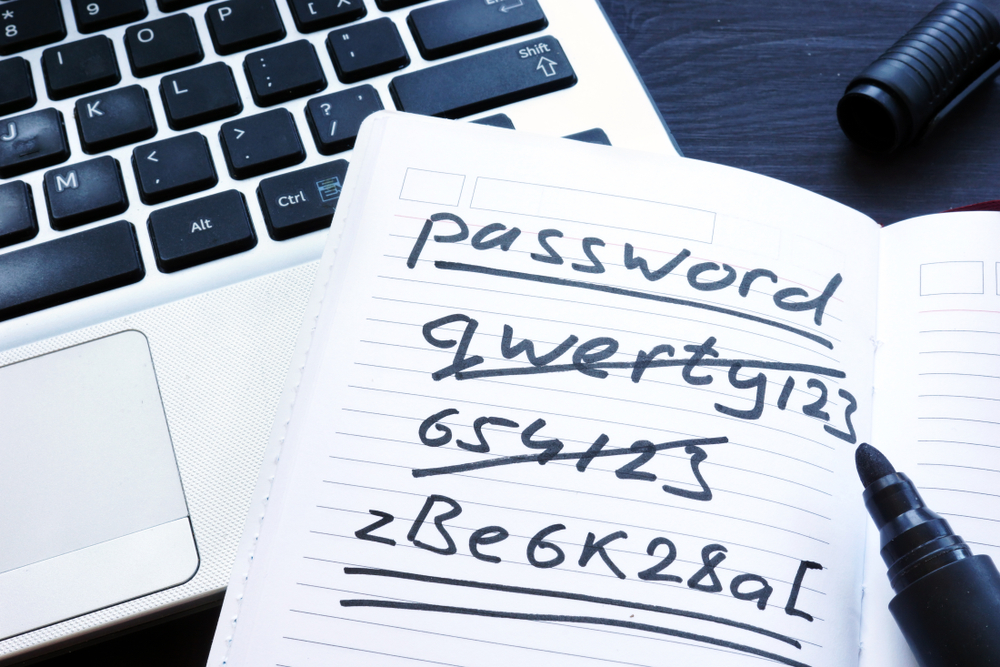Top 5 Cyber Security Tips For Businesses
For small and medium sized business, IT security can sometimes take a back-seat. Management teams are often small and although the IT needs have grown alongside the company, there often isn’t anyone to manage them.
Before you know it, your solo working has blossomed into a 10-person team, each with their own devices, and keeping on top of IT issues becomes an issue in itself. Not to mention, the technology has changed drastically and you hear that cyber attacks are on the rise. The average cost of a cyber security breach for a small business is £3,230, and £5,220 for a medium business, not including loss of reputation or losses from business interruption. Here at PCR Connected, we’re a small business and understand IT security can be a complex and daunting subject. So here are our top 5 cyber security tips for small and medium business.
Have an IT Security Policy
There are several benefits to having an IT security policy. Mainly, it sets out the rules for your employees to follow for anything IT related. This includes cyber security, password creation and company devices. You can require employees to sign when they start and hold them accountable if something goes wrong. This cements the idea that IT security is the responsibility of everyone in the business. Another benefit of an IT security policy is that they hold all the information needed in the case of disaster recovery. If the worst happens and you suddenly need to know all your hardware and software assets, providers and programmes, the policy is where they will all be kept. The policy will also contain details of who has access to what information and how it is classified. Dive deeper into IT security policies in our blog What is an IT Security Policy?
Educate Employees
Having confidence in your employees, and being able to trust them, is very important. Not everyone joins with an understanding of the responsibility that comes with access to customer data and personal information. Being able to trust your staff with work devices and knowing they will create strong passwords, can only be achieved when you know they have that knowledge. Whenever someone starts at your company, sending them on a course or taking them through what you need them to understand, is beneficial for the short and long term. Although many employees come with skills and knowledge, it is safer to provide that training to be sure.
Keep Everything Up To Date
Keeping software and hardware up to date is easy to do, but so often overlooked. Yes, it can be frustrating when you log in and your laptop needs an update. But they aren’t updating for no reason, they are often getting information to do with security or fixing issues. A device and the programmes on it, are only as good as their last update. As life in technology and cyber security can change so quickly, let every update happen when it needs to, for optimum safety.
Use A Password Manager
A password manager is a very secure programme that creates complex passwords and remembers them for you. With a good password manager, you only need to remember one password; the master password to access the password manager. All the other passwords are stored within it.
Although it can seem counterintuitive to store your passwords somewhere, a password manager makes much stronger passwords than we can. It remembers what website each password is for. They make it easy to log in on more than one device. They can also store credit card details and you can assign different people, different access permissions. You can have one tier for everyone in the company. This enables everyone to access a shared drive or webpages, and individual accounts for their private passwords.
Protect All Devices
Losing a laptop or phone is easily done. No matter how hard an employee tried not to lose a device, or not to forget to lock up, we’re all human and mistakes are made. They key here, is not to plan on never having anything stolen or lost, but to have a plan in place for when that does happen.
By making sure your devices are registered with software than can wipe the data if the stolen item is connected to the internet. Other protection methods are to make sure devices are all locked with passwords, use cloud-storage and have multi-factor authentication set up. All of these are ways to protect your devices, and the information stored in them, if they are stolen or lost.
There are many more tips for good IT security but these five are a good place to start:
- Have an IT Security Policy
- Educate Employees
- Keep Everything Up To Date
- Use A Password Manager
- Protect All Devices
If you have questions about IT security and what other recommendations we would make, please get in touch. We’re always happy to offer advice and can even carry out audits on your IT security.





